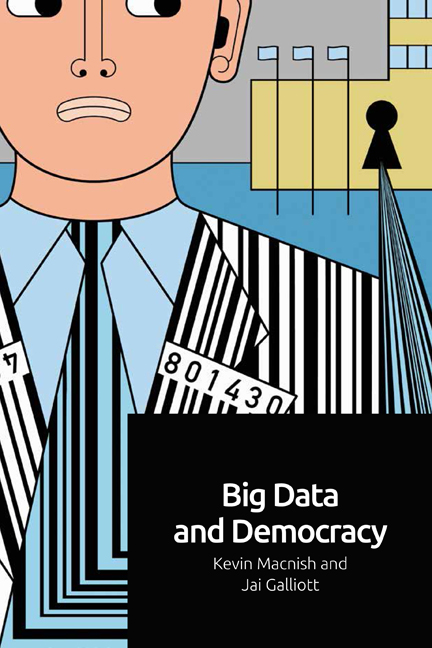Three - A Pre-Occupation with Possession: the (Non-)Ownership of Personal Data
Published online by Cambridge University Press: 17 October 2020
Summary
Introduction
Data which relate to and may be used to identify living people (‘personal data ’) have become commodified in a manner unimaginable to most just fifteen years ago. Companies prolifically collect data on people's health, shopping habits, driving behaviour, likes and dislikes with the goal of making money from an abundant, cheap and never-ending supply. In return, those people to whom the data relate (because the data reveal their shopping patterns or their driving behaviour) may be offered coupons, lower insurance premiums or access to services, which they frequently take.
The realisation that data relating to people may be worth something financially is dawning. There is an awareness that if the data I hand over to a company is worth something to those running the company, then they should give me something in return. Seizing on this growing realisation, a number of companies have been formed in recent years aimed at enabling people to profit from the sale of this data, such as CitizenMe (CitizenMe 2018; Finley 2014) and Data Wallet (Datawallet 2018). However, in order to sell something you must first own it, or have permission to sell it on behalf of another, and so there is an implicit assumption that people own data that relate to them such that they are justified in profiting from the sale of these data.
It is not all about money, though. Irrespective of the financial value of data, there is a deeper moral concern that I should have a (arguably controlling) say in what happens to ‘my’ data. This is captured in a quote by President Obama in 2016 concerning how to approach issues of harm and control in personal data : ‘It requires, first of all, us understanding who owns the data … And I would like to think that if somebody does a test on me or my genes, that that's mine’ (Obama 2016). Further, while other political bodies have argued that ownership should not be private but rather public or joint, they do not question that data are owned (Mascarenhas, Kesavan and Bernacchi 2003; Rodwin 2009).
- Type
- Chapter
- Information
- Big Data and Democracy , pp. 42 - 56Publisher: Edinburgh University PressPrint publication year: 2020



